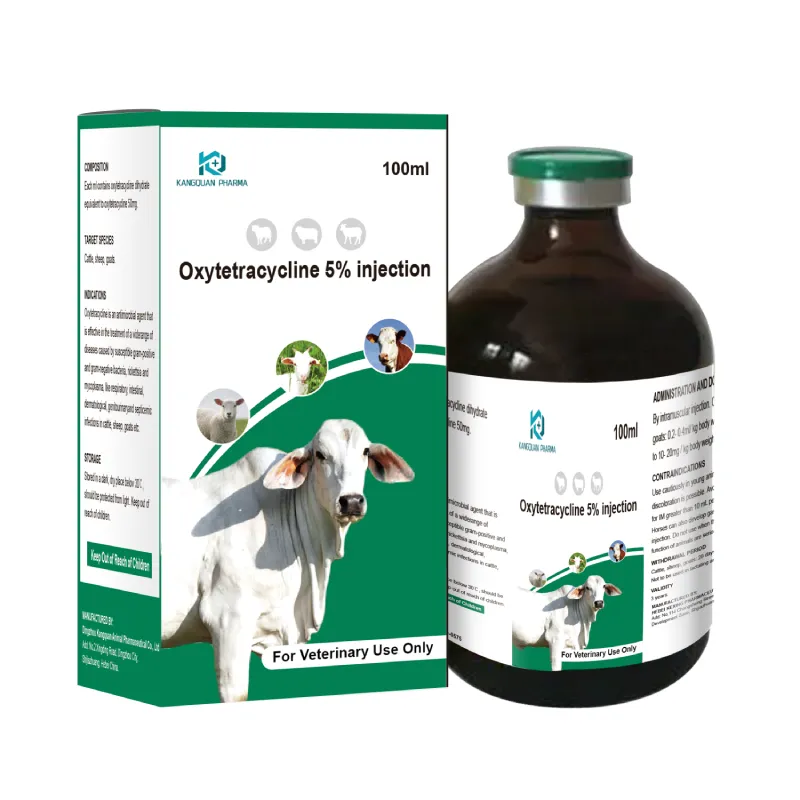- Afrikaans
- Albanian
- Amharic
- Arabic
- Armenian
- Azerbaijani
- Basque
- Belarusian
- Bengali
- Bosnian
- Bulgarian
- Catalan
- Cebuano
- Corsican
- Croatian
- Czech
- Danish
- Dutch
- English
- Esperanto
- Estonian
- Finnish
- French
- Frisian
- Galician
- Georgian
- German
- Greek
- Gujarati
- Haitian Creole
- hausa
- hawaiian
- Hebrew
- Hindi
- Miao
- Hungarian
- Icelandic
- igbo
- Indonesian
- irish
- Italian
- Japanese
- Javanese
- Kannada
- kazakh
- Khmer
- Rwandese
- Korean
- Kurdish
- Kyrgyz
- Lao
- Latin
- Latvian
- Lithuanian
- Luxembourgish
- Macedonian
- Malgashi
- Malay
- Malayalam
- Maltese
- Maori
- Marathi
- Mongolian
- Myanmar
- Nepali
- Norwegian
- Norwegian
- Occitan
- Pashto
- Persian
- Polish
- Portuguese
- Punjabi
- Romanian
- Russian
- Samoan
- Scottish Gaelic
- Serbian
- Sesotho
- Shona
- Sindhi
- Sinhala
- Slovak
- Slovenian
- Somali
- Spanish
- Sundanese
- Swahili
- Swedish
- Tagalog
- Tajik
- Tamil
- Tatar
- Telugu
- Thai
- Turkish
- Turkmen
- Ukrainian
- Urdu
- Uighur
- Uzbek
- Vietnamese
- Welsh
- Bantu
- Yiddish
- Yoruba
- Zulu
7 月 . 25, 2024 11:26 Back to list
Exploring Tylosin Injectable for Effective Treatment of Bacterial Infections in Veterinary Medicine
Tylosin Injectable An Overview of Uses, Mechanism, and Considerations
Tylosin is a macrolide antibiotic primarily used in veterinary medicine for the treatment of bacterial infections in animals. It is particularly well-known for its application in livestock and poultry, where it helps to manage respiratory diseases and other bacterial infections. Tylosin injectable formulations have become essential tools in promoting animal health, improving growth performance, and ensuring the safety of food products for human consumption.
Mechanism of Action
Tylosin functions by inhibiting bacterial protein synthesis. It binds to the 50S ribosomal subunit of susceptible bacteria, effectively blocking the peptidyl transferase activity, which is essential for protein synthesis. This mechanism essentially stunts the growth of the bacteria, enabling the animal's immune system to eliminate the pathogens. Tylosin exhibits broad-spectrum activity, targeting various Gram-positive and some Gram-negative bacteria, making it a versatile treatment option in veterinary practices.
Indications for Use
Tylosin injectable is commonly prescribed for the treatment of several infectious diseases in livestock and poultry. It is highly effective in managing respiratory infections commonly caused by Mycoplasma species, which can lead to significant production losses in livestock. Beyond respiratory illnesses, tylosin is also used to treat enteritis and mastitis, thereby supporting overall health and productivity in dairy and beef cattle. In poultry, it plays a crucial role in mitigating the impacts of colibacillosis and necrotic enteritis.
Administration and Dosage
tylosin injectable

Tylosin injectable is typically administered via intramuscular or subcutaneous injection, ensuring rapid absorption into the bloodstream. The dosage and duration of treatment depend on the specific condition being treated, the species affected, and the severity of the infection. Veterinarians play a pivotal role in determining the appropriate regimen to ensure maximum efficacy while minimizing the risk of antibiotic resistance development.
Safety and Side Effects
Tylosin is generally considered safe for use in animals, though, like any medication, it may cause side effects in some cases. Reactions can include localized swelling at the injection site, transient discomfort, or, in rare instances, more severe allergic reactions. As with any antibiotic, there is a concern regarding the potential development of antibiotic-resistant bacteria, underlining the importance of responsible usage and adherence to veterinary guidance.
Regulatory and Residue Considerations
In many countries, tylosin is subject to stringent regulatory oversight. The presence of drug residues in animal products intended for human consumption is a significant concern that necessitates withdrawal periods after administration. These periods ensure that both meat and milk are free from residues, promoting food safety and consumer health. Farmers and veterinarians must adhere to established withdrawal times to comply with food safety regulations and protect public health.
Conclusion
Overall, tylosin injectable serves as a vital resource in veterinary medicine, helping to safeguard the health of livestock and poultry while supporting the agricultural sector. Its broad-spectrum activity against various pathogens, combined with its capability to improve productivity, makes it a valuable tool in modern animal husbandry. However, responsible use is crucial to mitigate risks associated with antibiotic resistance and ensure the ongoing efficacy of such important veterinary medicines. As veterinary practices continue to evolve, tylosin remains a prominent player in the pursuit of optimal animal health and production efficiency.
-
The Power of Radix Isatidis Extract for Your Health and Wellness
NewsOct.29,2024
-
Neomycin Sulfate Soluble Powder: A Versatile Solution for Pet Health
NewsOct.29,2024
-
Lincomycin Hydrochloride Soluble Powder – The Essential Solution
NewsOct.29,2024
-
Garamycin Gentamicin Sulfate for Effective Infection Control
NewsOct.29,2024
-
Doxycycline Hyclate Soluble Powder: Your Antibiotic Needs
NewsOct.29,2024
-
Tilmicosin Premix: The Ultimate Solution for Poultry Health
NewsOct.29,2024













